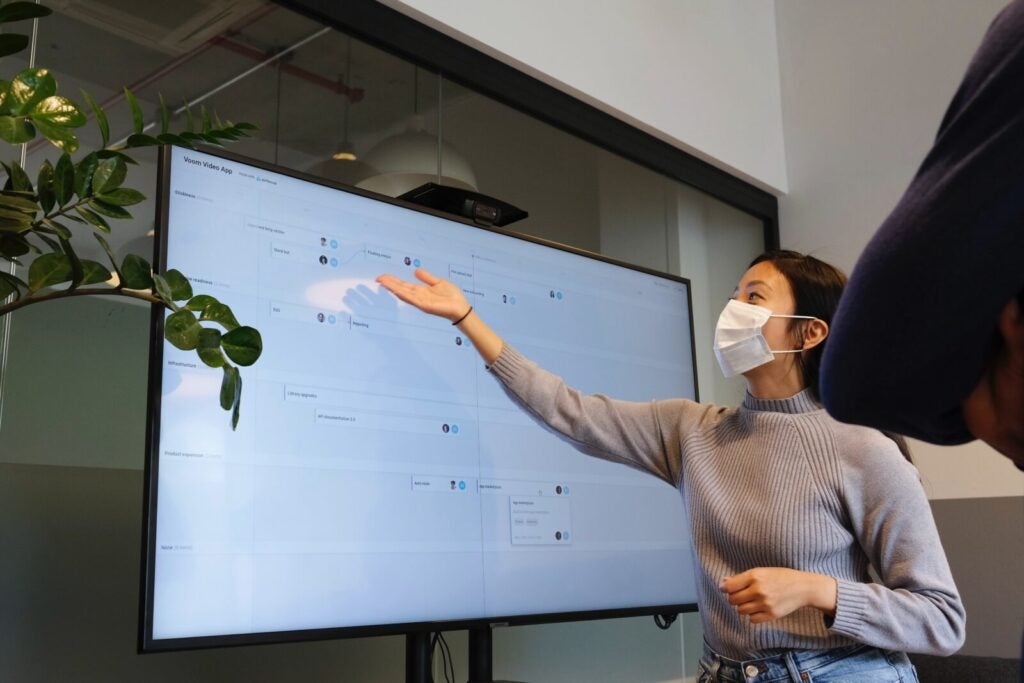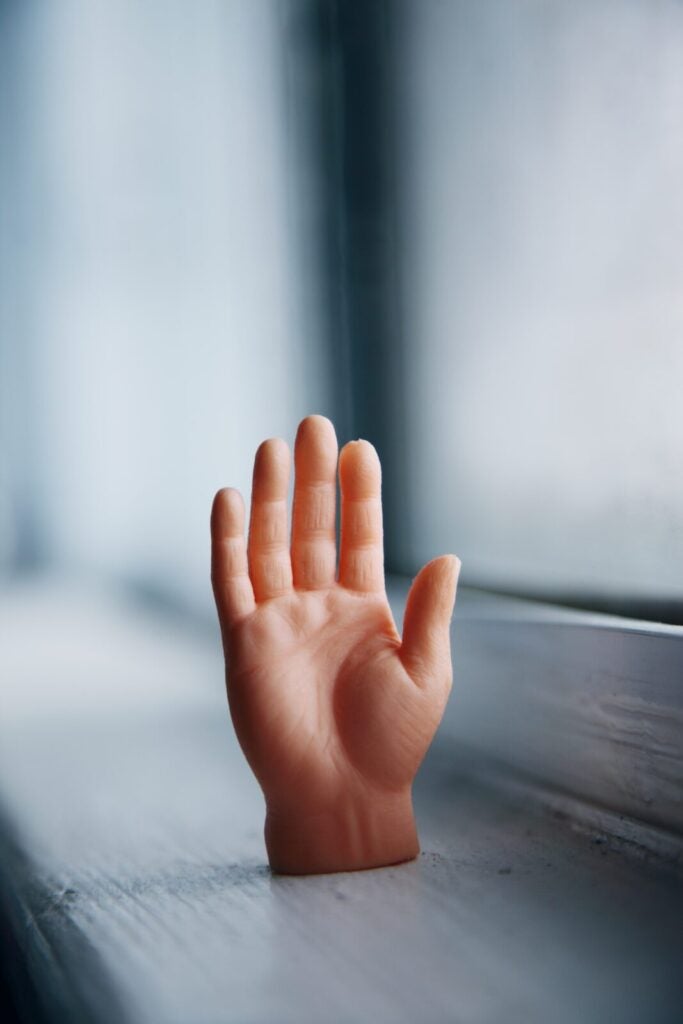Disclaimer: In Real Life is a platform for everyday people to share their experiences and voices. All articles are personal stories and do not necessarily echo In Real Life’s sentiments.
The Boomer a.k.a “Merdeka Babies” were probably born between 1955-1965 and today hold the power at the top of numerous companies and businesses of all sizes and industries. Their views of millennials are…poor. Oftentimes millennials are viewed as equal parts lazy, and ungrateful, with job hopping tendencies that lack discipline and loyalty as we chase a paycheck instead of a career.
The truth of this came out over coffee with a bunch of slightly “older” millennials, who were born in the 1980s, graduated from university in the pre-pandemic years, and have some work experience.
The consensus was immediate from the millennials: The Boomer Boss does not understand the millennial mindset, meaning they do not know how to keep millennial employees.
Here are the top reasons why millennials don’t stay in a job for long before hopping to the next one:
1. Disregard for employee welfare
When the Bosses and managers don’t care about the opinions and ideas of the rank and file, that’s one thing. It’s another when the bosses literally do not care about the welfare and well being of their staff.
Arjun shared this story: “I worked for a tech company based in Bangsar South. One of my colleagues, the Project Manager, suffered a severe spinal injury that required hospitalization and physiotherapy. The boss was constantly harassing her to come in to work despite being on MC. She refused and they fired her on the spot!”

Millennials as a generation place a high value on their self-respect, sense of self, and dignity. Disrespecting any of these, which happens when a company has poor culture is a red flag that will have them discreetly searching for a new job, if not quitting outright.
“When that happened,” Arjun added, “that was it: Half the company started looking for a new job immediately and the place lost an average of 3 people a month. When I left, about six months later, there was no HR department, no graphic designers, no marketing team, and half the software developers had also left. The company folded a few months later.”
2. Loyalty has no value.
When employees demonstrate loyalty by working overtime, picking up the slack, by taking on additional duties and responsibilities, it’s no longer acknowledged as going the extra mile or demonstrating loyalty to the boss or company. It is expected to be the norm.
When the reward for loyalty is being told “be grateful you have a job.”, it comes as no surprise that millennials view this lack of reward and appreciation for loyalty as an act of base treachery. All they wanted was acknowledgment of their efforts and contribution.
3. What career path?
In times of yore, there was this thing called a career path that went hand in hand with loyalty to the company. Stay with the company, perform well and promotions are yours! Salary increments! Bonuses! They were part of the rewards to moving up the corporate ladder.
These days, millennials get to watch outsiders get the management job that they were doing unofficially. Then the gall of having to train the “new manager” in how to do his job drives the knife home.

The death of the traditional career path and removal of the rungs on the corporate ladder means that millennials won’t stay in a position after being passed over for internal promotion for an equally (or lesser) qualified outsider.
The irony of being the one to take a senior position at another company, and perpetuating the cycle is not lost on them, but given the state of the economy, everyone looks to either protect (and grow) their own rice bowl first!
4. One step Forward, Two Steps Back
Management innovates only to retreat when the innovation becomes a threat to their power and prestige in some fashion. Work From Home is the greatest example of this: This practice gives employees freedom, and incentives to get their jobs done fast, and efficiently so that they can either get ahead or get other things done.

WFH also proved that many companies had too many mid tier and upper middle tier managers whose main strengths were politicking to justify their paychecks, and not really doing any work. These managers are the ones that NEED everyone back in the office as soon as possible so they can “delegate,” “empower,” and “supervise.”
Hence why WFH has been slowly phased out: Not because it’s good business practice, but because someone needs to justify their position and salary.
Why is keeping talent so important?
Management has seemed to have forgotten that training new staff always takes more time and effort and money. When the top talent takes flight, you are left with people who have no choice and are nursing either “Conscript Syndrome” or “Mercenary syndrome.”
The Conscript has no choice about where they work and the moment they do get a better choice, they will leave. For the conscript, salary is not a factor in making them stay, it’s a lack of choice.
The Mercenary is also known as the “guns-for-hire.” These are the people with the skills, who know their worth, and are waiting for the better offer to come along – from a headhunter or their own efforts.
Both are waiting for something. It could be better medical, or WFH or being appreciated and respected for their efforts. But the moment they have the choice to get what they want? They are gone.

But businesses have operating costs!
Yes. This is true, businesses take money to operate, and as the old adage goes, “you spend money to make money.” But to attract and maintain millennial talents, the Boomer Bosses of ye olde workforce need to understand millennials..
They are professionals, they can do the job (otherwise, why did you hire them?!), so treat them with the respect and dignity they deserve as people, where the culture is good, they are appreciated for their work and are treated with dignity and respect and can have an upwards career path.
The cost of not having proper talent? The whole business.
Know anyone with an interesting story to share? Drop us an email at ym.efillaerni@olleh and we may feature the story!
For more stories like this, read:
I Got COVID-19 And All My Malaysian Boss Cared About Was Whether I Could Work
My Boss Took Credit For Our Good Work And Scapegoated Us When Things Turned South
You might also like
More from Real People
‘A RM100 fee cost a company 5 years of revenue’ shares M’sian
This story is about a Malaysian who learned that bureaucracy can be defeated simply by not arguing with it.A billing …
‘I quiet-quit, upskilled, and tripled my salary,’ shares M’sian engineer
This story is about a Malaysian who learned that loyalty without leverage leads nowhere in the corporate world.After years of …
‘I did everything right, and it still wasn’t enough’ shares M’sian graduate
This story is about a Malaysian graduate navigating big dreams in a job market where a degree no longer guarantees …


















